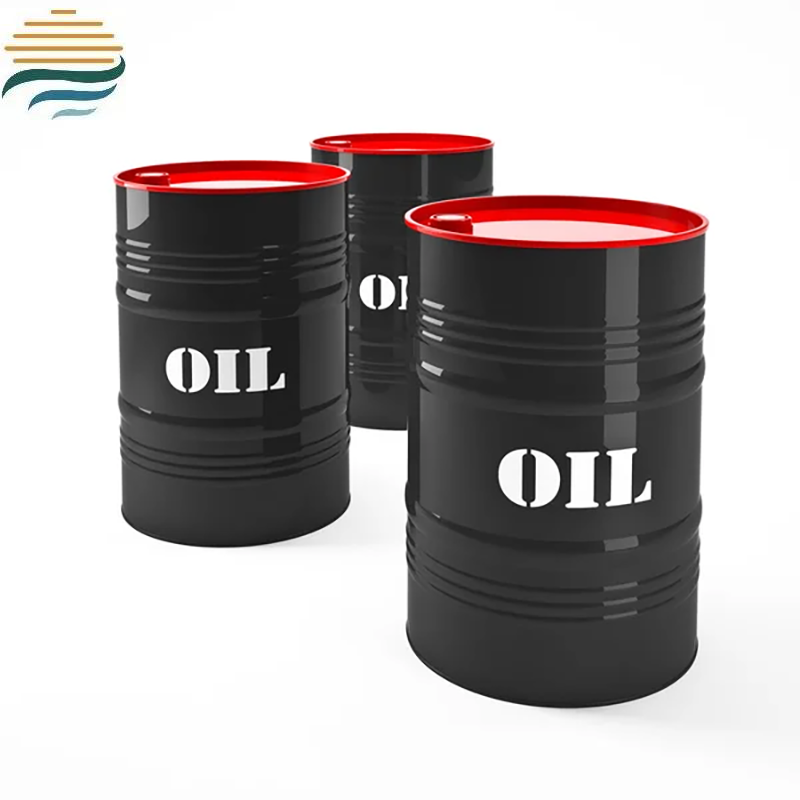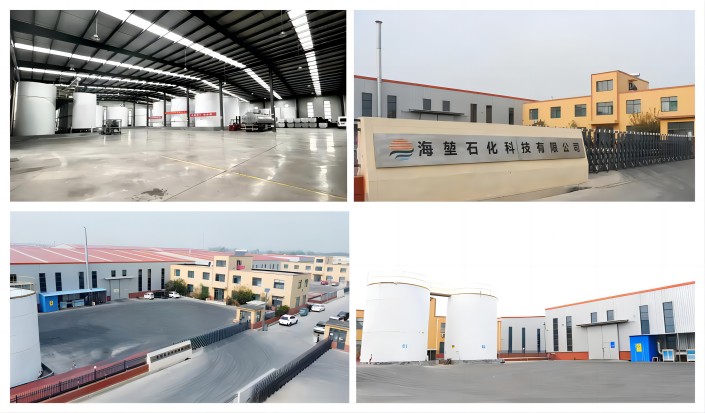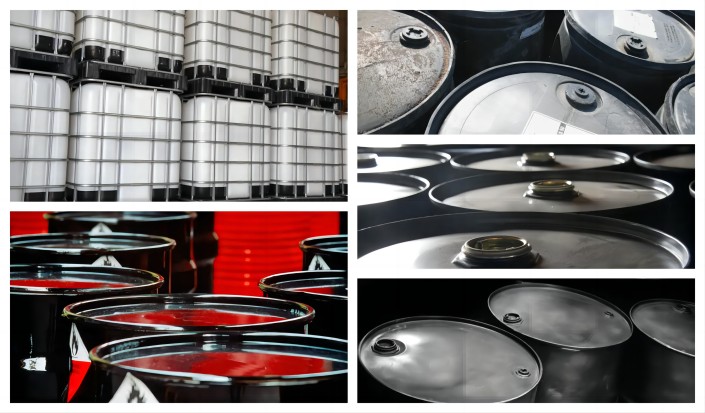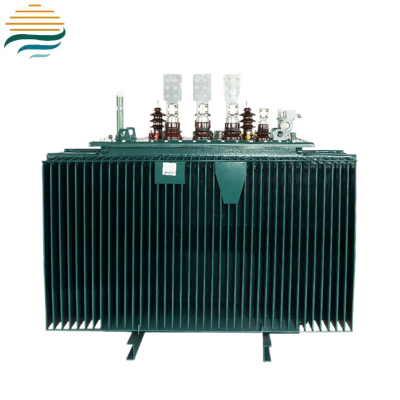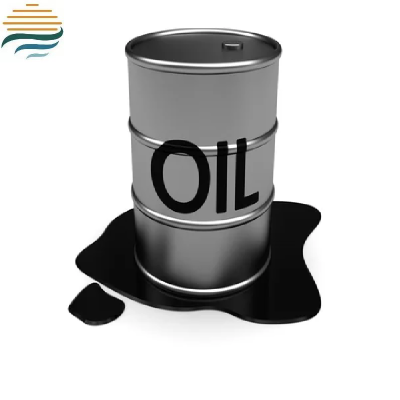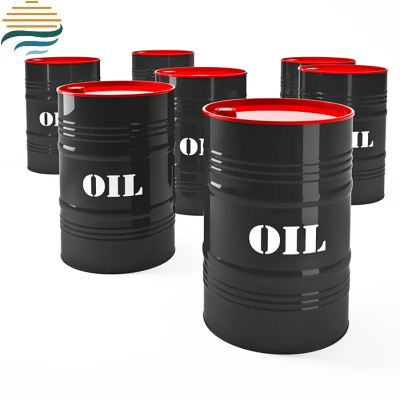Insulating Oil For Transformers T-20
Improve oxidation stability and minimize the formation of oil sludge in transformers.The sulfur content is below the detection limit, which helps to extend the service life of transformers.
Reduce the content of aromatics while providing a consistent tendency for gas evolution.Weight reduction of 5-10%, high transportation cost-effectiveness.
Industry leading high-quality products and supply stability.
Product Details:Insulating Oil For Transformers T-20
Provide insulation and maintenance for windings (maintain good insulation condition).The transformer oil has an arc extinguishing effect at the high-voltage lead and the contact point of the tap changer to prevent the generation of corona and arc discharge.
PARAMETER:
Sports Event | Quality Indicators | measured value | Test Methods |
Functional characteristics | |||
Pour Point/°C | -30 | -38.8 | ISO 3016 |
Kinematic viscosity (40℃)/(m㎡/s) | ≯12 | 9.20
| ISO 3104 |
Kinematic viscosity (-10°C)/(mm²/s) | ≯1800 | 1089 | ISO 3104 |
Water content/(mg/kg) | ≯30/40 | 7.5 | IEC 60814 |
Breakdown voltage/kV (untreated oil) | ≮30 | 63.0 | IEC 60156 |
Density (20°C)/(g/ml) | ≯895 | 886 | ISO 12185 |
Dielectric loss factor (90°C) | ≯0.005 | 0.00045 | IEC 60247 |
Refining/stabilizing properties | |||
exterior condition | Clear and transparent, free of sediment and suspension (of atmospheric pollution) | Clear and transparent, free of sediment and suspension (of atmospheric pollution) | visual assessment |
Acid value (mgKOH/g) | ≯0.01 | 0.0008 | IEC 62021- 1 |
Interfacial tension/(mN/m) | No general requirements | 46 | ISO 6295 |
Total sulfur content (mass fraction)/% | No general requirements | No general requirements | ISO 14596 |
corrosive sulfur | non-corrosive | non-corrosive | DIN 51353 |
Content of antioxidant additives (mass fraction)/percent Oil with antioxidant additives (U) | ≯0.08 | 0.042 | IEC 60666 |
2-Furfural content/(mg/kg) | ≯0.1 | 0.011 | IEC 61198 |
Operational characteristics | |||
Oxidation stability (120°C) Test time: 332h | - | - | - |
--Total acid value (in KOH)/(mg/g) | ≯1.2 | 0.04 | IEC 61125 Act C |
--Oil sludge (mass fraction)/% | ≯0.8 | 0.020 | IEC 61125 Act C |
--Dielectric loss factor (90°C) | ≯0.500 | 0.004 | IEC 60247 |
Gassing/(mm/min) | No general requirements | No general requirements | IEC 60628 |
Health Safety and Environmental Characteristics (HSE) | |||
Flash point (closed)/°C | ≮135 | 147.3 | ISO 2719 |
PCA content (mass fraction)/% | ≯3 | 0.8 | BS 2000 Part 346 |
Polychlorinated biphenyl (PCB) content/(mass fraction)(mg/kg) | undetectable | undetectable | IEC 61619 |
1. Classification: Transformer oil
2. Executive Standard: GB 2536-2011 T-20 ℃ (general).
3. Application Scope: T-20 transformer oil is suitable for transformers with antioxidant content not exceeding 0.08% as required by users, as well as electrical equipment with similar requirements. It can effectively transfer heat during the operation of the transformer and reduce the internal temperature of the transformer.
4. Performance requirements for transformer insulation oil:
(1) Dielectric loss: Dielectric loss refers to the electrical energy loss of insulating oil under the action of an electric field. The lower the dielectric loss, the better the insulation performance of the insulating oil.
(2) Corrosion resistance: Corrosion resistance refers to the ability of insulating oil to corrode the internal metal components of transformers. The better the corrosion resistance, the longer the service life of the transformer.
Own Factory
Employees at Working
Canned Oil Products
Transportation
SERVICE
Service philosophy
Respect customers, products and services should be based on customer needs, and provide customers with better value choices for products and services.
To understand customers, one should research, design, and improve services from their perspective.
Power transmission and transformation services
We have built a complete industrial chain in the field of power transmission and transformation, including transformers, converter valves, switches, secondary equipment, cables, and casings.We provide turnkey engineering and system solutions for more than 30 countries, including survey, design, construction, installation, commissioning, training, operation, and maintenance.
FAQ:
Q:Do you accept product customization?
A:Yes of course. Please provide specific drawings or parameters we will quote you after evaluation.
Q:Why does DL/T572-95 "Transformer Operation Regulations" stipulate that the upper oil temperature of oil immersed transformers shall not exceed 95 ℃?
A:Generally, A-grade insulation materials are used for the insulation of oil immersed transformers, with an oil resistance temperature of 105 ℃. The maximum temperature for normal operation of the winding is 98 ℃, with an average temperature of 98-13=85 ℃. The maximum temperature for transformer oil is 95 ℃, while the average temperature for transformer oil is 95/1.2=80 ℃. The annual average temperature is 20 ℃, so the allowable temperature rise of the winding to the air is 85-20=65k, the average temperature rise of the oil to the air is 80-40=40k, and the average temperature rise of the winding to the oil is 65-40=25k.


